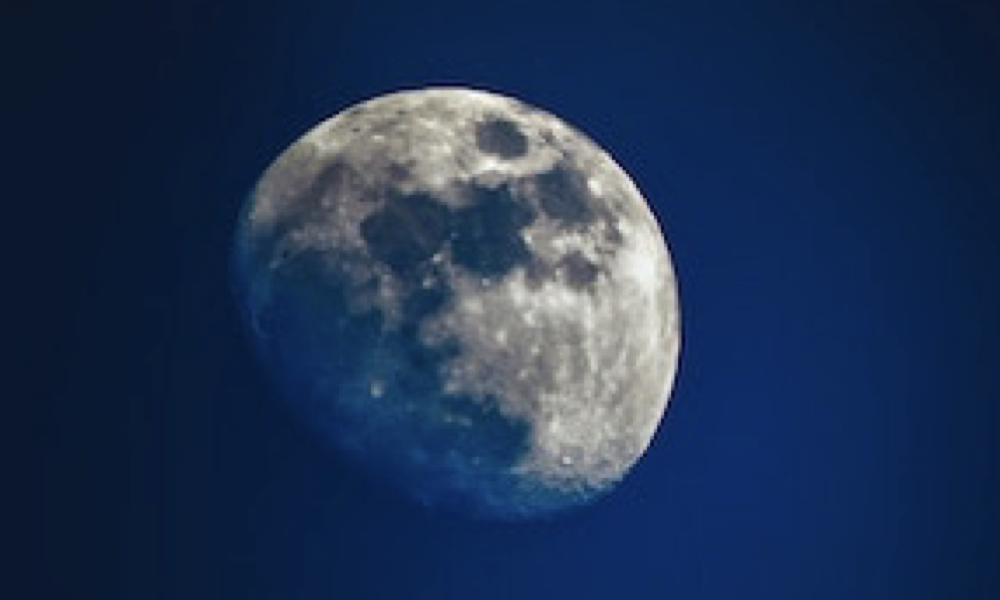
ESA Open Invitation to Tender AO10011
Open Date: 02/09/2019
Closing Date: 25/10/2019 13:00:00
Status: ISSUED
Reference Nr.: 19.1AP.06
Prog. Ref.: IAP Phase 3
Budget Ref.: E/0520-01D – IAP Phase 3
Special Prov.: BE+DK+FR+DE+IT+NL+SE+CH+GB+IE+AT+NO+FI+PT+GR+LU+CZ+RO+PL
Tender Type: C
Price Range: KEURO
Products: Non Space Procurement / Services
Technology Domains: Others
Establishment: ESTEC
Directorate: Directorate Telecom & Integrated Applica
Department: Downstream Business Applications Dept.
Division: Study and Project Management Office
Contract Officer: Glandieres, Florence Odette Jeanne
Industrial Policy Measure: N/A – Not apply
Last Update Date: 02/09/2019
Update Reason: Tender issue
Biodiversity, a combination of the words biological and diversity, is the variety of life found on Earth or in a specific place on Earth. It includes every living thing – from plants and animals, to fungi and microorganisms. Biodiversity is arguably the most complex and vital feature of Earth. It is fundamental to life on Earth because it provides oxygen, food, clean water, fertile soil, medicines, shelter, protection from storms and floods, fibres for clothing, a stable climate, and recreation. Without photosynthesis from plants and phytoplankton in the oceans, there would be no oxygen. Without bees to pollinate there would be no fruits or nuts. Coral reefs and mangrove swamps provide invaluable protection from cyclones and tsunamis. Coastal ecosystems play a major role in scrubbing water of pollutants and producing clean water for drinking and washing . Trees absorb air pollution, improving air quality. Many new medicines are harvested from nature, like the cancer-fighting fungi growing on the fur of sloths. Wild varieties of domesticated animals and crops are also crucial, coping with drought or salty soils. Biodiversity increases ecosystem stability, making habitats more resilient to environmental perturbations. Overall, it is estimated that the services provided by ecosystems are worth trillions of dollars (double the worlds GDP!) Biodiversity loss in Europe alone costs the continent about 3% of its GDP, or 450m a year. The current state of biodiversity is ominous. Human civilisation is driving species to extinction at around 1000 times the natural rate . The worst mass coral-bleaching event is taking place and affects 38% of the worlds reefs , while industrial fishing takes place in more than half of the ocean . Some scientists believe that the sixth mass extinction in geological history has already begun, calling the massive loss of wildlife a biological annihilation . Individual species are being obliterated by habitat loss anddegradation, invasive species, the spread of pollution and disease, climate change and the over exploitation of resources. Moreover, while there were less than 1 billion humans on Earth 200 years ago , there will be a predicted 8.6 billion by the year 2030 . Overpopulation and overconsumption will drive the biodiversity crisis as people increasingly expend resources.
